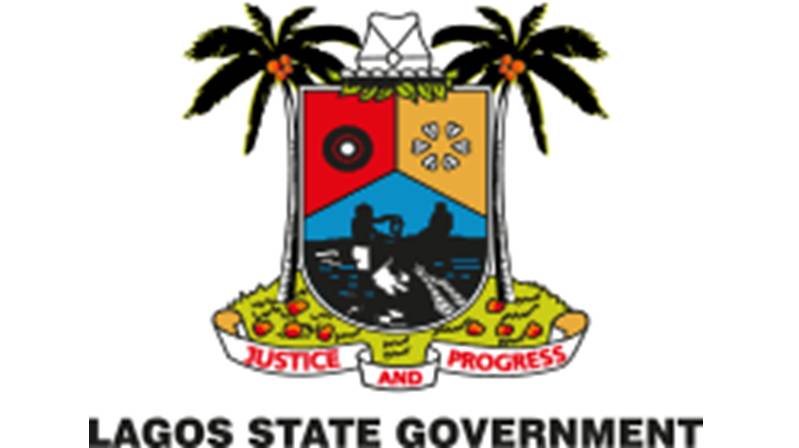Emeka Okoroanyanwu
Lagos State Government’s N4.85bln, 15.75 per cent Series 1, Tranche B, environmental Note (“Green Note”) has ran into trouble. The Fixed Income Note, a sub category of the larger N50bln Medium Term Note used to finance the Cleaner Lagos project of the government is caught in a mesh of politics and bureaucracy.
The top-rated instrument which attracted a credit rating of A+ by both Agusto Credit Agency and Global Credit Rating Agency (GCR, formerly Duff & Phelps) missed its coupon and principal payment due for Tuesday 5, March 2019.
The Note with a four and a half year tenor was meant to pay both coupon and principal to investors in the first week of March 2019 but the poor state of the Note’s sinking fund and the slow response of the state’s treasury to the payment of the fixed income obligation has raised anxiety among the Note’s investors.
READ ALSO: In the world of female keke operators
As things stand, investors are petrified of the growing likelihood that the state government would skip payment for the month as the administration awaits the outcome of the governorship election held on Saturday 9, March 2019. The problem according to sources that invested in the Note, is that, “the project which the Note was used in funding has not been able to meet cash flow projections; therefore the state has been required to cover the semi-annual payments from its own operating income. This has proven to be a hard road to travel as the state government has shown that it has little wiggle room for additional debt servicing’’.
Lagos State is easily the most creative state in the country in terms of fiscal management and growth of internal revenue sources but it is equally the most highly indebted sub-national entity in the country with a domestic debt obligation of N517.4bln. The state is also opaque with its finances and disclosures. While the latter part remains an area in need of improvement, the concern it elicits when defaults occur brings home the point and relationship between generation and utilization of revenue, and the issue of accountability and transparency.
In this particular instance however, what ought not to be a major problem (as long as financial repayment sequencing is arranged to meet debt obligations in an orderly manner), is now an issue that is currently being tested by its default on its Green Note payment for March 2019.


